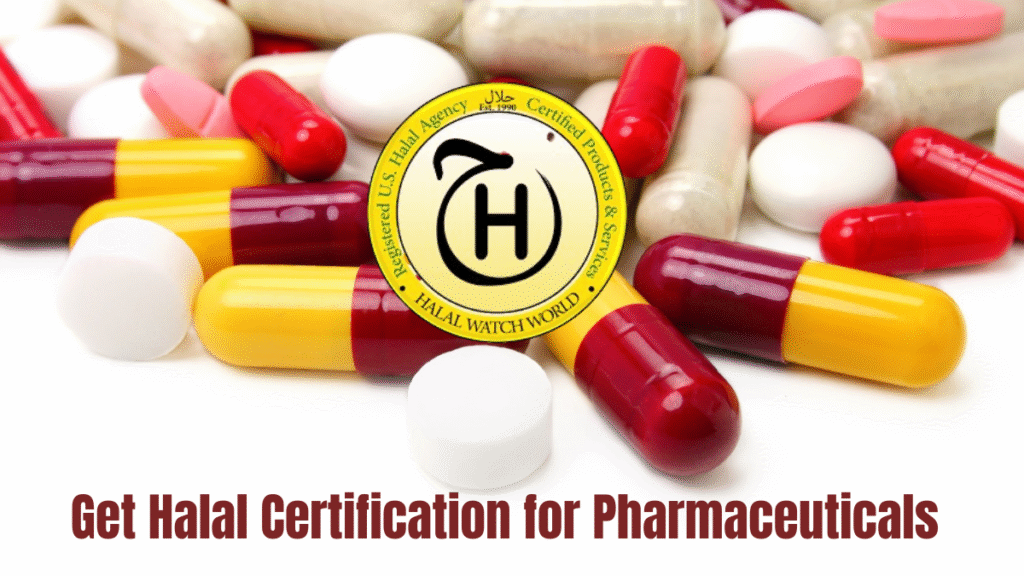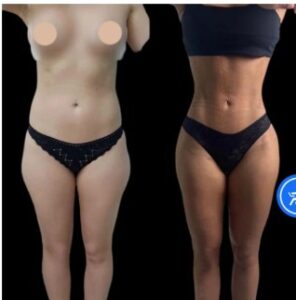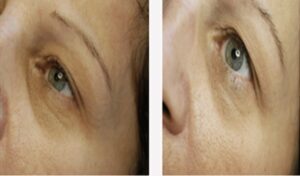
The pharmaceutical sector continues to expand as global demand for ethical and compliant products rises. In 2025, halal certification for pharmaceuticals stands out as a critical factor for manufacturers targeting diverse consumer bases. With the Muslim population in the United States reaching over 3.5 million, according to recent demographic reports, this certification ensures products align with Islamic principles, covering everything from ingredients to production processes. This post draws on the latest 2025 data to explore market dynamics, certification processes, and strategic advantages for businesses pursuing halal certification for pharmaceuticals.
The Rising Demand for Compliant Pharma Products
Consumer preferences have shifted dramatically toward verifiable ethical standards. In 2025, the U.S. halal pharmaceuticals market is valued at approximately USD 5.1 billion, reflecting a robust 8.95% compound annual growth rate (CAGR) through 2032, as reported by Inkwood Research. Globally, the sector hits USD 124.64 billion this year, with projections climbing to USD 228.95 billion by 2034, driven by increased awareness of Sharia-compliant health solutions.
This growth stems from heightened scrutiny on supply chains. Pharmaceutical companies now face pressure to eliminate haram elements like alcohol-based excipients or gelatin from animal sources not slaughtered Islamically. Halal certification for pharmaceuticals verifies that formulations, packaging, and storage meet these rigorous criteria, fostering trust among users who prioritize faith-aligned wellness options.
Key Processes Involved in Obtaining Certification
Securing halal certification for pharmaceuticals involves a structured audit trail. Manufacturers begin with a self-assessment of raw materials, ensuring no prohibited substances like pork derivatives appear in active ingredients or coatings. Next, facility inspections evaluate cross-contamination risks, with auditors reviewing cleaning protocols and equipment segregation.
In 2025, digital tools enhance this process. Blockchain-based traceability systems, adopted by 40% more firms than last year per Precision Business Insights, allow real-time verification of supplier compliance. Once audits pass, certifiers issue logos for labeling, valid for one to three years with annual renewals. This not only complies with Islamic guidelines but also integrates seamlessly with FDA regulations, minimizing dual-certification burdens.
Halal Pharma Certification in USA: Regional Specifics
The United States presents unique opportunities and challenges for halal pharma certification in USA. With a projected North American market CAGR of 8.95% from 2025 onward, domestic producers see export potential to halal-focused regions like Southeast Asia and the Middle East. U.S.-based firms benefit from streamlined federal oversight, where halal audits complement existing Good Manufacturing Practices (GMP).
Recent data from the Halal Times indicates a 25% uptick in U.S. pharma exports certified halal in the first half of 2025, totaling over USD 1.2 billion. Challenges include varying state-level interpretations of compliance, but federal recognitions from bodies like the USDA aid uniformity. For American manufacturers, this certification opens doors to a 2 billion-strong global Muslim consumer base, boosting revenue streams by up to 15% in certified lines.
Focus on Supplements: Certification for Halal Supplement Manufacturer
Nutraceuticals represent a fast-growing subset within pharma. The halal nutraceuticals market is set to reach USD 77 billion in 2025, expanding to USD 144.5 billion by 2035, according to Future Market Insights. Certification for halal supplement manufacturer ensures vitamins, probiotics, and herbal extracts avoid non-halal carriers like bovine gelatin capsules.
Manufacturers must document sourcing for plant-based alternatives, such as fish-derived omega-3s from permissible species. In practice, this involves third-party lab testing for purity, with 2025 trends showing a 30% rise in vegan halal formulations to address broader ethical concerns. Certified supplements not only appeal to Muslim health enthusiasts but also attract eco-conscious buyers, creating cross-market synergies.
Accessing Reliable Halal Certification Services
Businesses seeking entry into this space rely on specialized providers. Halal certification services encompass consultation, auditing, and ongoing monitoring, tailored to pharma complexities. These offerings now include virtual audits, reducing costs by 20% compared to on-site visits, as noted in a 2025 SGIE report on industry advancements.
Providers guide firms through ingredient swaps, like replacing ethanol with glycerin, while ensuring no disruption to therapeutic efficacy. With digital platforms streamlining applications, turnaround times have dropped to 60 days on average. Investing in these services yields long-term gains, as certified products command premium pricing—up to 10-12% higher in U.S. retail channels.
Selecting the Right Halal Certifying Body in USA
Choosing an accredited partner is pivotal. A halal certifying body in USA must hold international recognitions, such as from the World Halal Union, to facilitate global trade. Prominent options include the Islamic Food and Nutrition Council of America (IFANCA), which certified over 500 pharma entities in 2025, and the American Halal Foundation, emphasizing pharma-specific audits.
Other leaders like Islamic Services of America (ISA), marking its 50th year in 2025, offer integrated food-pharma services. Factors to consider include accreditation scope, audit frequency, and cost structures—ranging from USD 5,000 for small-scale operations to USD 50,000 for large facilities. Opting for a body with FDA-aligned protocols ensures smoother compliance.
Strategic Benefits and Future Projections
Adopting halal certification for pharmaceuticals delivers multifaceted returns. Beyond market access, it enhances brand reputation, with 65% of surveyed Muslim consumers in a 2025 Business Research Insights study citing certification as a purchase driver. Environmentally, halal standards promote sustainable sourcing, aligning with global ESG goals.
Looking ahead, expect deeper tech integration, such as AI-driven compliance checks, projecting a 9.75% global CAGR through 2032. U.S. firms that prioritize this now position themselves for exponential growth.
Halal Certification in USA: A Growing Imperative
As the U.S. Muslim community expands, halal certification in usa becomes essential for pharma inclusivity. Resources like Halal Watch World provide invaluable insights and support for navigating these requirements, helping manufacturers achieve seamless certification.
In summary, 2025 marks a pivotal year for halal certification for pharmaceuticals, with data underscoring its role in sustainable business expansion. By embracing these standards, companies not only honor cultural sensitivities but also tap into lucrative, underserved segments. Forward-thinking leaders will view this as more than compliance—it’s a pathway to innovation and profitability in an ethically driven era.
Read more exciting blogs on wikinewsportal.com






